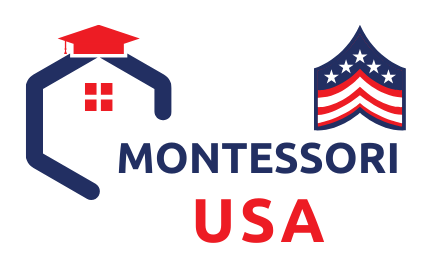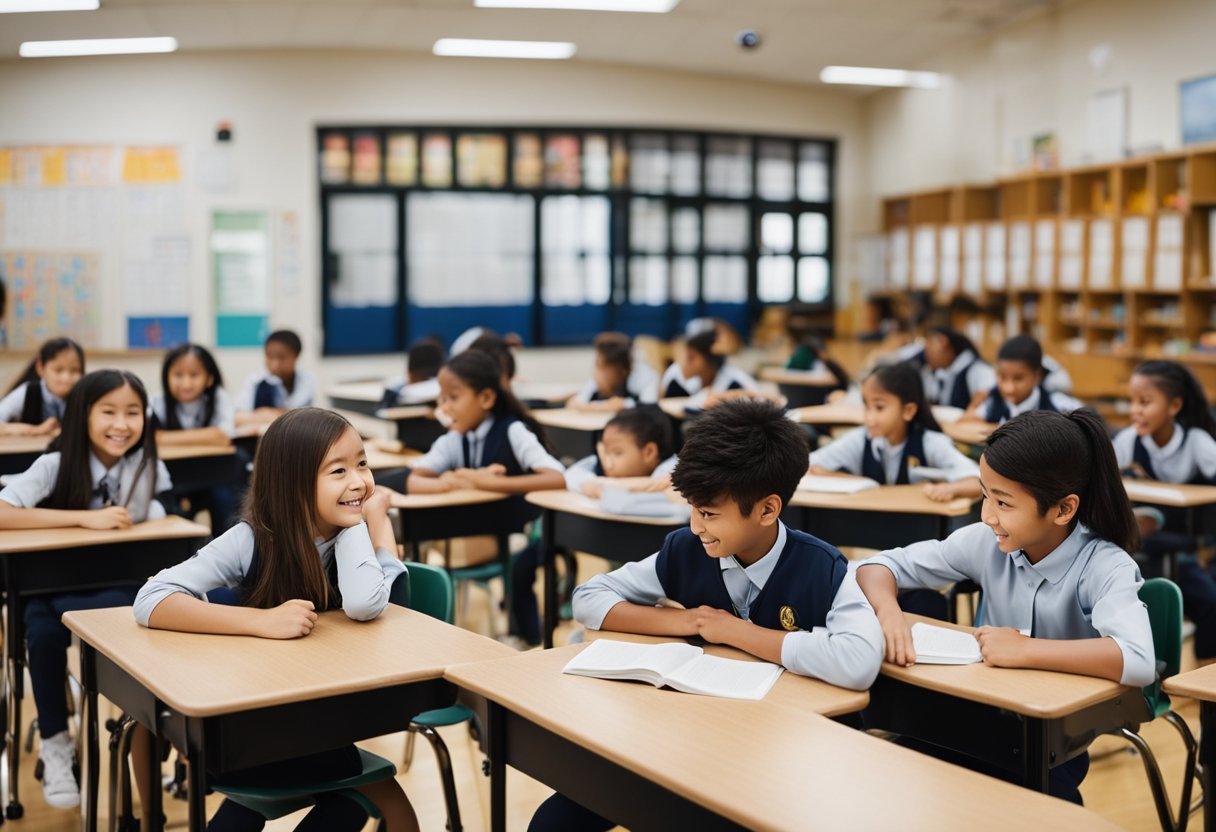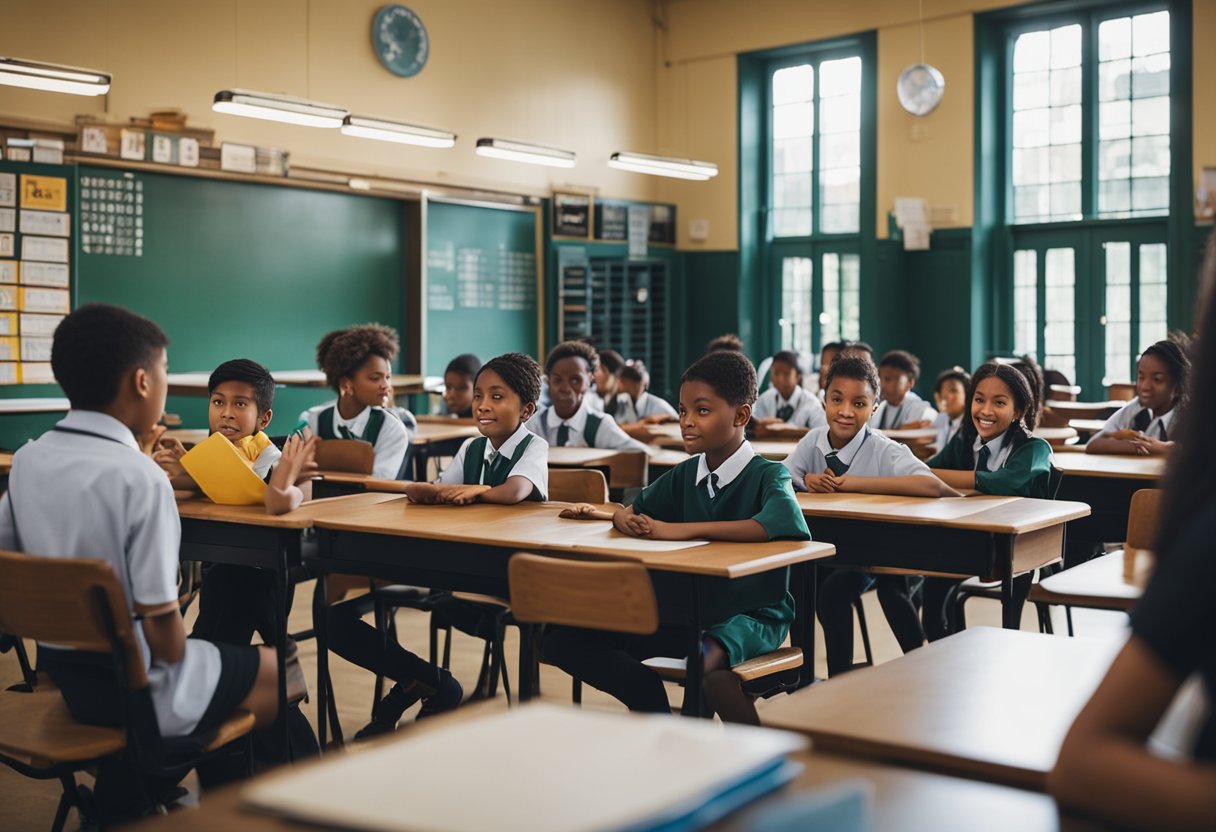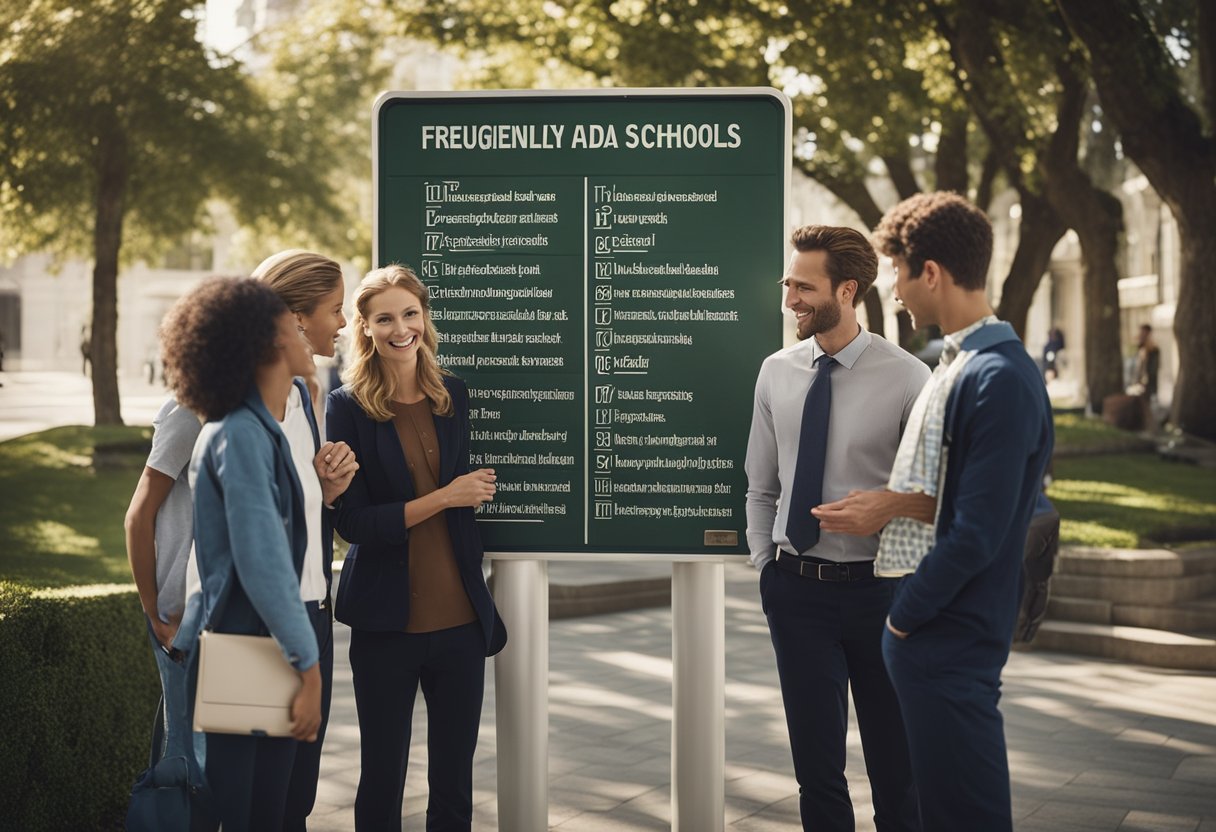Choosing a private school for your child’s education is a substantial decision that impacts not just their learning experience but also their social development and future opportunities. When exploring local private schools, you’re presented with an array of options, each offering distinct educational philosophies, programs, and communities. Understanding the nuances of private education becomes essential as this decision will align your child’s academic journey with their interests and your educational values.
Navigating through the selection of the right school requires careful consideration of what each institution can offer. Academic rigor, extracurricular activities, and the school’s culture play significant roles in shaping your child’s environment. Moreover, community involvement and the preparation for college and beyond are factors that many parents weigh. Local private schools often boast smaller class sizes and focused preparation for the next steps in a student’s academic and professional life, ensuring personalized attention and tailored growth.
Key Takeaways
- Selecting a private school significantly influences academic and social experiences.
- Assessing academic and extracurricular offerings tailors the search to meet specific needs.
- Emphasis is placed on cultural fit and future preparation.
Understanding Private Education
https://www.youtube.com/watch?v=aV6w-zoacYk&embed=true
In your quest to choose the right educational path for your child, understanding private education is essential. It involves recognizing the distinctions between private and public schools, familiarizing yourself with how K-12 private school systems operate, and knowing the significance of private school accreditation.
Private vs Public Schools
Private schools, which are primarily funded through tuition fees and donations, offer an alternative to public schools that are supported by the government. An important distinction is that private schools are not bound by the same state or federal education standards as public schools. This means they often feature smaller class sizes and can provide more tailored attention to students. For parents seeking a specialized curriculum, such as Montessori or a faith-based education, private schools might be particularly appealing.
K-12 Private School Systems
K-12 private school systems cover the full range of education from elementary to high school levels. Such private K-12 schools often boast a continuum of education that allows for consistent pedagogical approaches and community building throughout a child’s schooling years. These institutions sometimes offer a wider array of extracurricular activities compared to their public counterparts, which can greatly enhance a student’s school experience.
Private School Accreditation
Accreditation is a critical factor when evaluating the quality and credibility of any educational institution. A private school gains accreditation through an independent, external review process that assesses the school’s ability to meet established standards. This ensures the school offers a high quality of education recognized by other schools and universities. In the United States, various regional and national accrediting bodies, like the NAIS (National Association of Independent Schools), conduct these assessments.
Choosing the Right School
https://www.youtube.com/watch?v=YJfx2p8KI2w&embed=true
Selecting the right private school for your child is crucial as it impacts their educational experience and shapes their future. You want a place that meets your educational standards and aligns with your child’s needs.
Factors to Consider
When evaluating options, assess each school’s educational philosophy and how it aligns with your child’s learning style. Take into account the curriculum and extracurricular activities—these should promote a well-rounded education. Enrollment fees also play a significant role; have a clear understanding of the tuition costs and any additional expenses.
- Educational Philosophy
- Progressive, Traditional, Montessori, etc.
- Curriculum and Extracurriculars
- STEM, Arts, Sports, Language offerings
- Costs
- Tuition, Registration fees, Supplies
Next, consider the class sizes and teacher-to-student ratios, as these affect the level of attention your child receives. Furthermore, the school’s values and community — diverse and inclusive atmospheres may be essential for you. Lastly, think about the location — a convenient and safe area is often a priority.
School Boundary Maps and Districts
Understanding school boundary maps and districts is essential, especially if you prefer your child to attend a school within a specific region due to locality or educational policies. You can find boundary maps that define the geographic area each school serves.
- Boundary Maps
- Check for up-to-date maps to understand school zones.
Additionally, some private schools may adhere to district-specific policies or offer priority enrollment to students from certain districts, so it’s important to confirm these details with the institutions.
Private School Rankings and Reviews
Private school rankings and reviews provide insight into the overall quality of the institutions. Look for the overall Niche grade, which encompasses various aspects like academics, teachers, and diversity. Additionally, pay attention to ratings and average review scores from parents and students for a more personal perspective.
- Rankings
- Overall Niche grade, National, and Local rankings.
- Reviews
- Number of reviews, Average star rating.
Never rely solely on one source; instead, cross-reference multiple platforms and visit the schools if possible. A school with a high overall rating may suit one child but may not be the best fit for yours. Always prioritize your child’s needs and your family’s values as you choose the right school.
Academic and Extracurricular Opportunities
Your local private schools offer a diverse range of academic and extracurricular opportunities designed to complement the rigorous curriculum and promote a well-rounded education.
Curriculum and Special Programs
Private schools are known for their strong academic programs that cater to your child’s individual needs. With a low student-to-faculty ratio, your child is guaranteed personalized attention from highly qualified teachers. Special programs may include advanced placement courses, international baccalaureate programs, and partnerships with local universities for dual enrollment opportunities. This allows your child to challenge themselves academically and, in many cases, earn college credits while still in high school.
Sports and Arts
The sports programs in private schools provide your child with the chance to excel in a variety of athletic endeavors, from track and field to soccer. With modern facilities, your child will have access to high-quality venues that support both training and competitive events.
In the arts, your child is offered a wealth of opportunities including fine arts, dance, orchestra, and theater. These programs are supported by experienced faculty and tend to have outstanding resources and facilities to encourage your child’s artistic growth. Whether your child is a seasoned athlete or artist, or just looking to try something new, they will find a program that offers the support and equipment necessary to pursue their passions.
Community and Culture
Your child’s education is significantly shaped by the community and culture of their school. This is a reflection of not just the curriculum but also the values and environment established by its members including faculty, parents, alumni, and students.
Parent and Alumni Engagement
Parental involvement in your child’s school translates to a more engaged and supportive educational environment. Many private schools have robust parent-teacher associations, and frequently, dedicated alumni remain involved, contributing to a rich school culture and providing networking opportunities. For instance, in understanding why a private school’s culture matters, you’ll discover that the parent and alumni networks often facilitate mentorship programs and foster a sense of continuity and community.
Student Life and Diversity
Student life at private schools is typically diverse, with various clubs, sports, and arts programs reflecting a broad spectrum of backgrounds and interests. The 2024 Niche K-12 School & District Rankings can offer insight into the diverse environment and student life at these schools. This diversity is not only ethnic or socioeconomic; it’s also about embracing different cultures and perspectives, enhancing your child’s educational experience through exposure to a wide variety of friends and activities.
Preparation for The Future
When considering private schools, one of your top priorities is likely how well they equip students for higher education and career success. These institutions typically offer robust programs aimed at college readiness and career development, setting students up for a promising trajectory.
College Readiness
Private schools often boast high college rankings due to their intensive college preparatory curricula. As a freshman or sophomore, your curriculum will be strategically designed to build a strong academic foundation. By the time you reach your junior and senior years, you can expect a focus on advanced courses and college-level work that prepares you comprehensively for the rigors of higher education.
- SAT/ACT Prep: Specialized courses to improve test scores.
- AP/IB Courses: Offering a range of Advanced Placement and International Baccalaureate courses.
- College Counseling: Personalized guidance to navigate the college application process.
Career Development
The emphasis on career development is evident at private schools, where you’re not only prepared academically, but also given the tools to thrive in the workforce. From a freshman to a senior, you’re encouraged to discover and pursue your passions, which can direct you toward relevant internships and networking opportunities.
- Internships: Hands-on experience in your field of interest.
- Networking: Opportunities to connect with alumni and professionals.
- Leadership: Extracurriculars designed to cultivate leadership and teamwork skills.
Regardless of the year you are in—whether a freshman, sophomore, junior, or senior—these schools tailor experiences to ensure that you’re on track to join some of the best schools and carve out top career paths.
Frequently Asked Questions
When exploring local private schools, you have a myriad of considerations from types, costs, to financial aid. The answers to these frequently asked questions will guide you in making an informed decision for your child’s education.
What are the different categories of private schools available?
Private schools span various educational philosophies and operational models, including religiously affiliated schools, independent day schools, boarding schools, and single-sex educational institutions. Each category carries its unique culture and approach to learning.
How does the cost of private schooling vary by location and grade level?
Private school tuition can fluctuate widely based on geographic location, with schools in urban areas generally costing more than those in rural regions. Additionally, fees often increase for higher grade levels due to specialized faculty and facilities.
What factors are considered when ranking the top private schools in a given area?
Rankings may evaluate schools on academic excellence, student-to-teacher ratios, college matriculation rates, and extracurricular offerings, among other criteria. Publications often use a combination of these factors to determine their yearly rankings of top private schools.
What financial aid options are available for families considering private education?
Many private institutions offer need-based scholarships, merit scholarships, or financial aid programs to assist families. You can inquire directly with schools or use resources like the National Association of Independent Schools to understand available aid.
How can I find a comprehensive listing of private schools within my vicinity?
Local education departments often maintain lists of accredited private schools, or you can use resources like Private School Review to search schools by location and grade.
What are the average tuition fees for private high schools in major states?
Tuition averages vary widely; states like New York and California typically have higher tuition fees compared to states with a lower cost of living. Researching specific schools or using tools like those provided by entities like the Council for American Private Education can offer more detailed insight into state-specific tuition averages.





